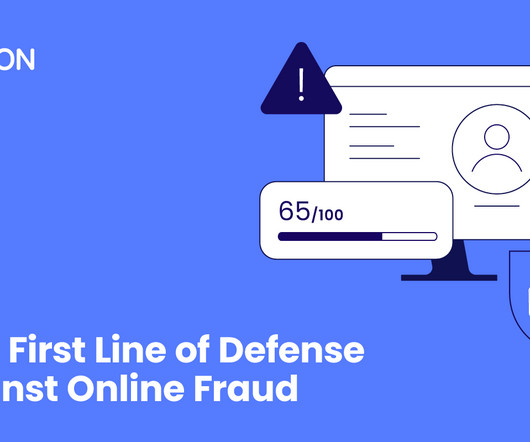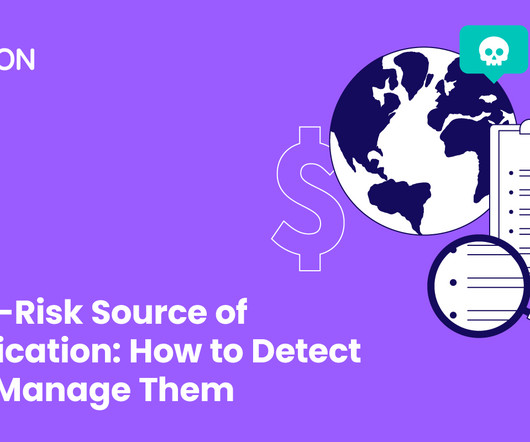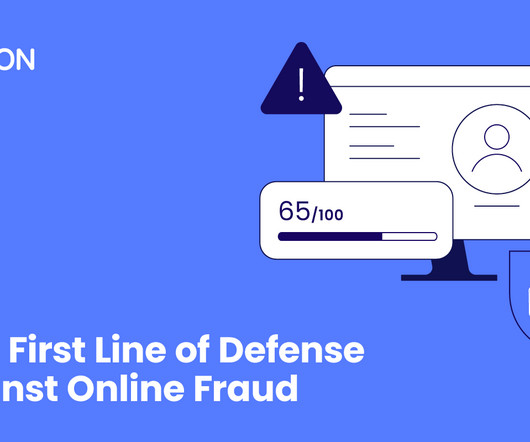Deep Dive: How FinTechs, FIs Can Arm Up Against Fraud
PYMNTS
SEPTEMBER 12, 2019
Financial services providers that slack on regulatory compliance and fail to safeguard their operations against money laundering, terrorist financing and other criminal activities may face damaged reputations and significant fines. A report found that the U.S. imposed a full $23.52 billion and the Middle East levied $9.5
















Let's personalize your content